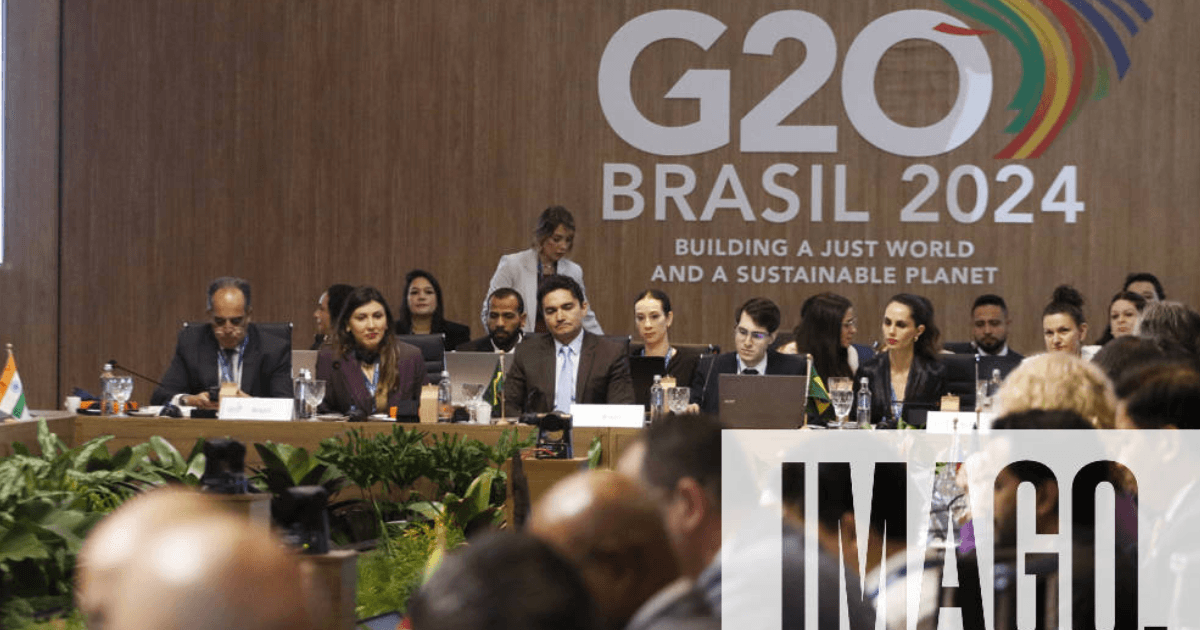BELEM, Brazil-At the G20 Tourism Ministers’ Meeting in Belém, Brazil, UN Tourism Secretary-General Zurab Pololikashvili highlighted the role of tourism in shaping a more equitable, sustainable future for people and the planet. a more sustainable future. With the industry expected to fully return to pre-pandemic levels by the end of the year, Pololikashvili urged a shift in focus to the future, prioritizing the empowerment and inclusion of local communities, adapting to climate change and promoting a circular economy that benefits nature. Practice.
The United Nations Tourism Organization reports that international tourism is steadily recovering. According to recent data, the number of international tourists in the first half of 2023 reached 80% of pre-pandemic levels, and some regions even exceeded these levels. The Middle East and Europe have been the strongest performers, while Asia-Pacific has been relatively slow to rebound due to ongoing travel restrictions. This recovery highlights the resilience of tourism and its critical role in the global economy, contributing to job creation and economic development around the world.
Secretary-General Pololikashvili said: “Tourism relies heavily on biodiversity, climate stability and natural resources. Accelerating climate action in tourism is critical for the resilience of the industry and host communities.”
He added: “Tourism is unique in its ability to create jobs and bring people together. However, to truly transform, we need innovative policy and governance models that put communities and the environment at the heart of decision-making. We There is also a need for greater coordination between all levels of government and between national and local stakeholders.”
This focus on sustainability represents a critical moment for global tourism development, where climate action and community engagement must be at the forefront of the industry’s long-term resilience and success.
Disclaimer: The original version of this announcement is the officially authorized version. The translation is for convenience of understanding only. Please refer to the original text. The original version is the only legally binding version.




















